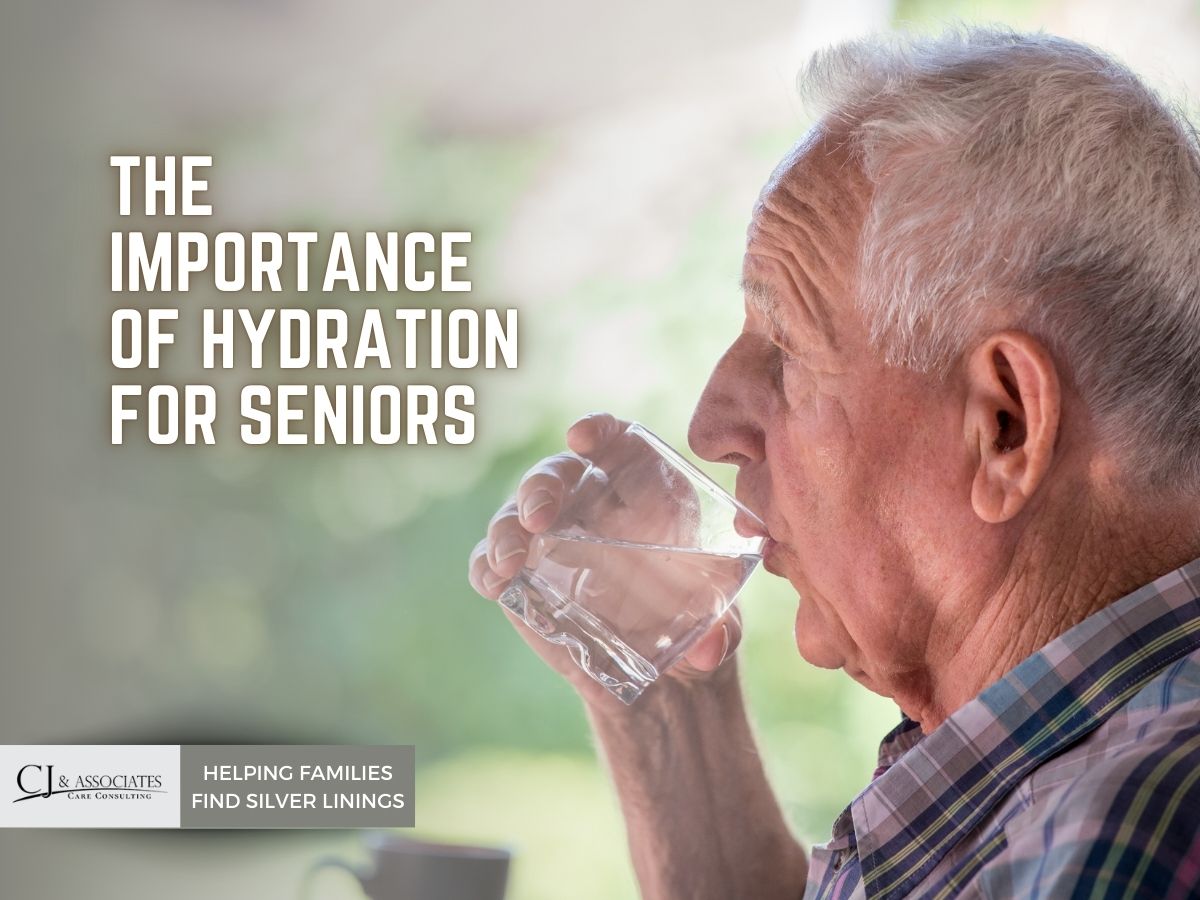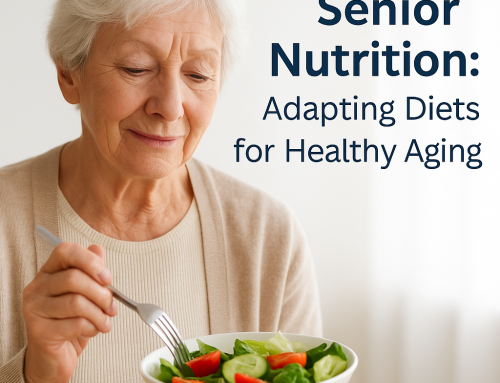As we age, maintaining proper hydration becomes increasingly crucial for overall health and well-being. Seniors are particularly vulnerable to dehydration, which can lead to serious health complications. With the summer months bringing higher temperatures, it’s essential to understand the importance of staying hydrated and how to ensure seniors get enough fluids.
Why Hydration is Important for Seniors
Water is vital for many bodily functions, including temperature regulation, joint lubrication, and the elimination of waste. For seniors, staying hydrated is even more critical due to several factors:
- Reduced Thirst Sensation: As people age, their sense of thirst diminishes, making it less likely they will feel the need to drink water.
- Decreased Kidney Function: Aging kidneys are less efficient at conserving water, which increases the risk of dehydration.
- Medication Side Effects: Many medications that seniors take can have diuretic effects, leading to increased fluid loss.
- Chronic Conditions: Conditions such as diabetes and heart disease can affect fluid balance and increase the risk of dehydration.
Signs of Dehydration
Recognizing the signs of dehydration early can prevent serious health issues. Common symptoms include:
- Dry Mouth and Lips: One of the first indicators of dehydration.
- Dark Urine: Urine that is darker than usual can indicate a lack of sufficient fluids.
- Fatigue and Dizziness: Feeling unusually tired or dizzy can be a sign of dehydration.
- Confusion or Disorientation: Severe dehydration can affect cognitive function, leading to confusion or disorientation.
- Decreased Urination: Less frequent urination is a clear sign of dehydration.
Tips to Encourage Hydration
Ensuring that seniors drink enough fluids can be challenging, but here are some strategies to help keep them hydrated, especially during the hot summer months:
- Set a Routine: Encourage drinking water at regular intervals throughout the day. Setting specific times for hydration can help make it a habit.
- Make Water Accessible: Keep water bottles or pitchers of water within easy reach, both indoors and outdoors.
- Flavor the Water: Adding slices of fruits like lemon, lime, or cucumber can make water more appealing and encourage more frequent drinking.
- Hydrating Foods: Include water-rich foods in their diet, such as watermelon, cucumber, and oranges. Soups and broths are also good options.
- Monitor Fluid Intake: Keep track of how much water the senior is drinking each day. This can be done with a simple checklist or a hydration app.
- Use Hydration Reminders: Set alarms or reminders to prompt drinking water throughout the day.
- Offer Variety: Sometimes seniors may get bored with plain water. Offer other hydrating beverages like herbal teas, milk, or diluted fruit juices.
- Create a Cool Environment: Ensure that the living environment is cool and comfortable, reducing the likelihood of excessive sweating and fluid loss.
Conclusion
Hydration is a key component of senior health, particularly during the hot summer months when the risk of dehydration is higher. By understanding the importance of staying hydrated and implementing practical tips to encourage fluid intake, caregivers can help ensure that seniors maintain their health and well-being. Paying attention to the signs of dehydration and taking proactive steps can make a significant difference in the quality of life for elderly individuals.



